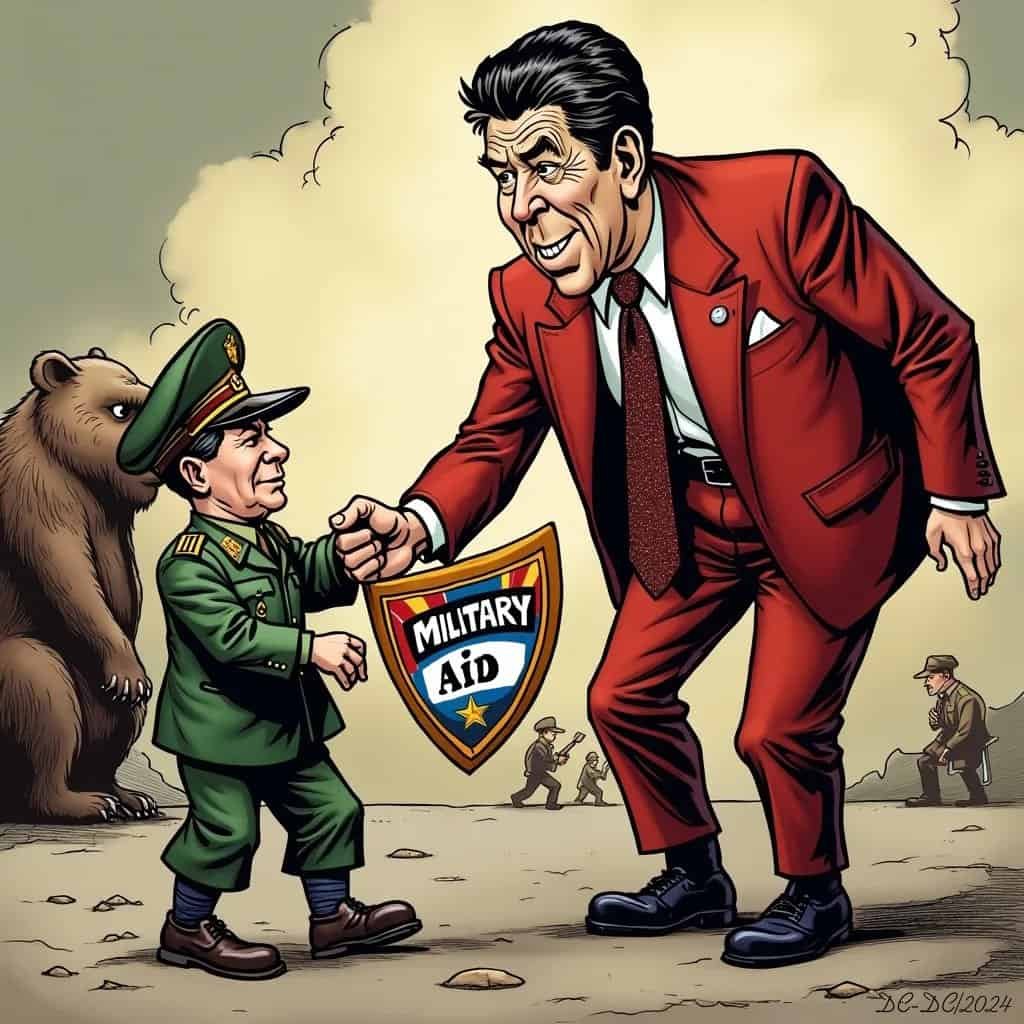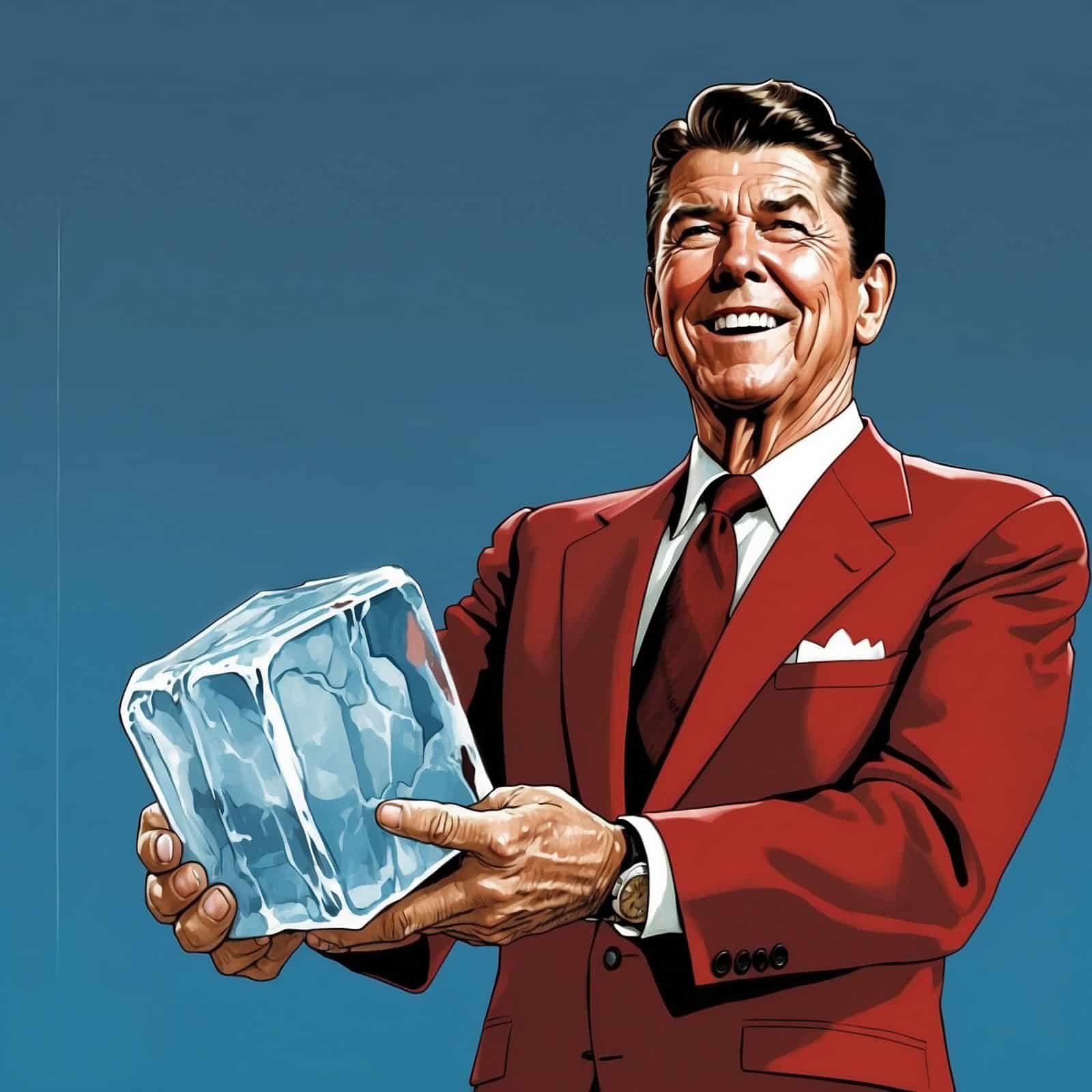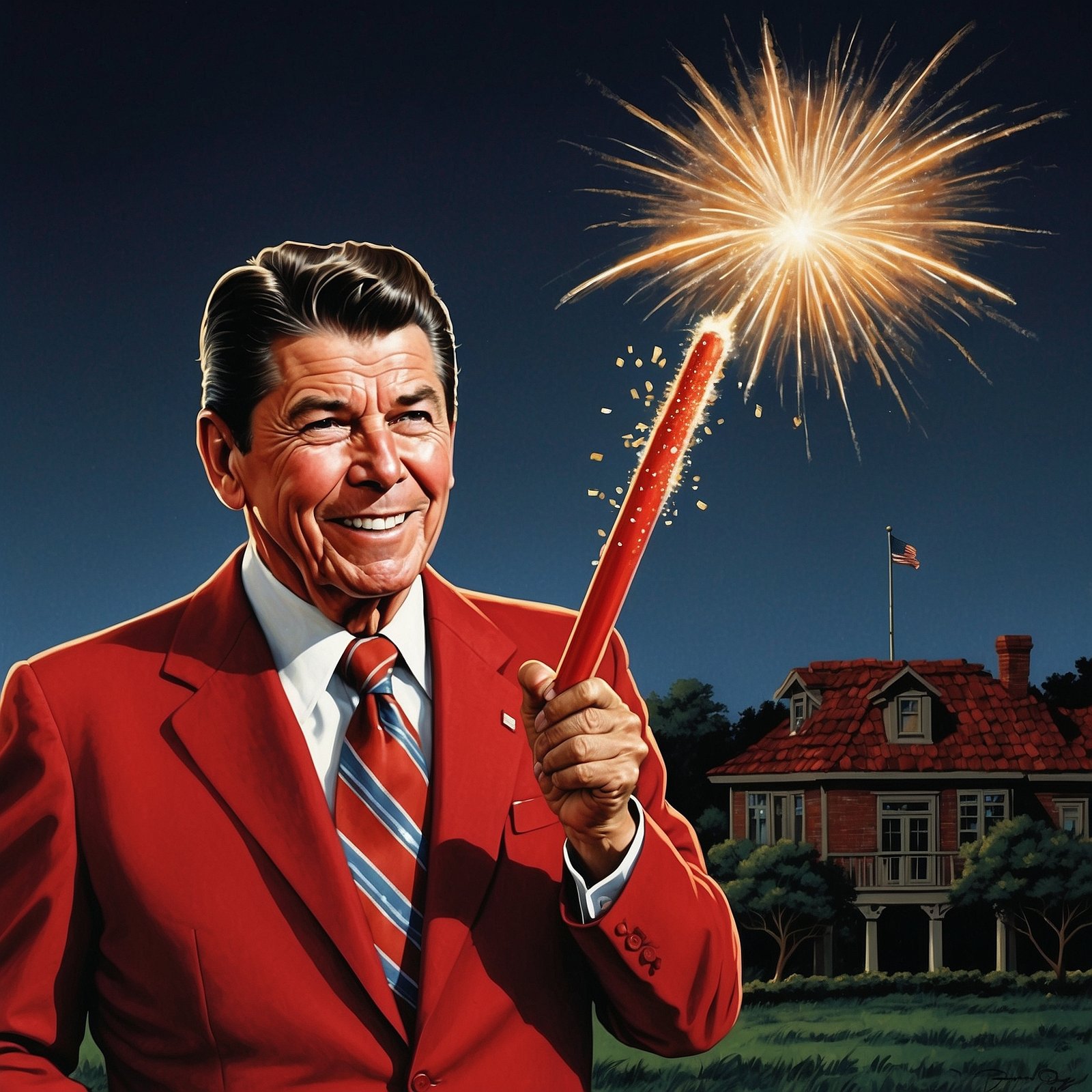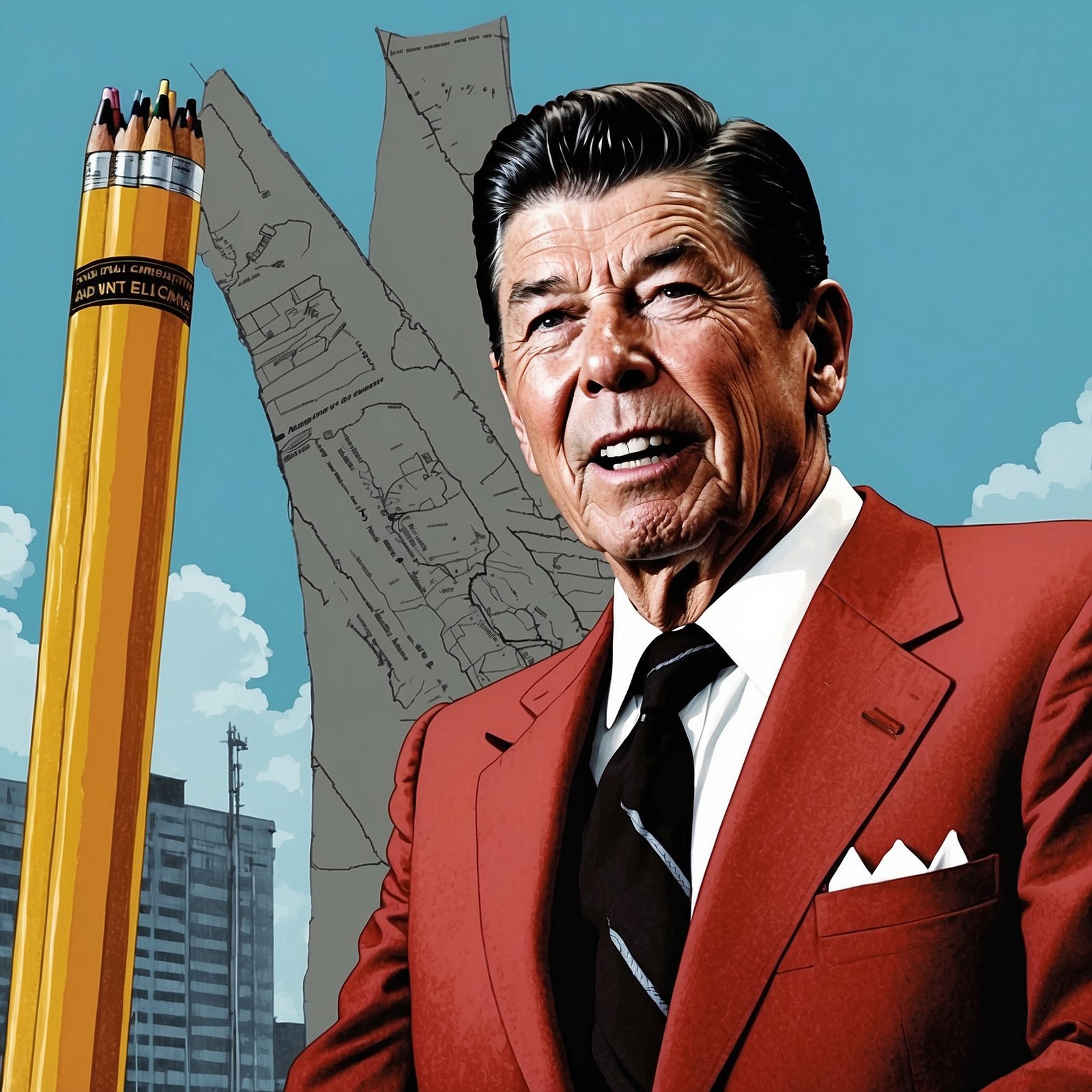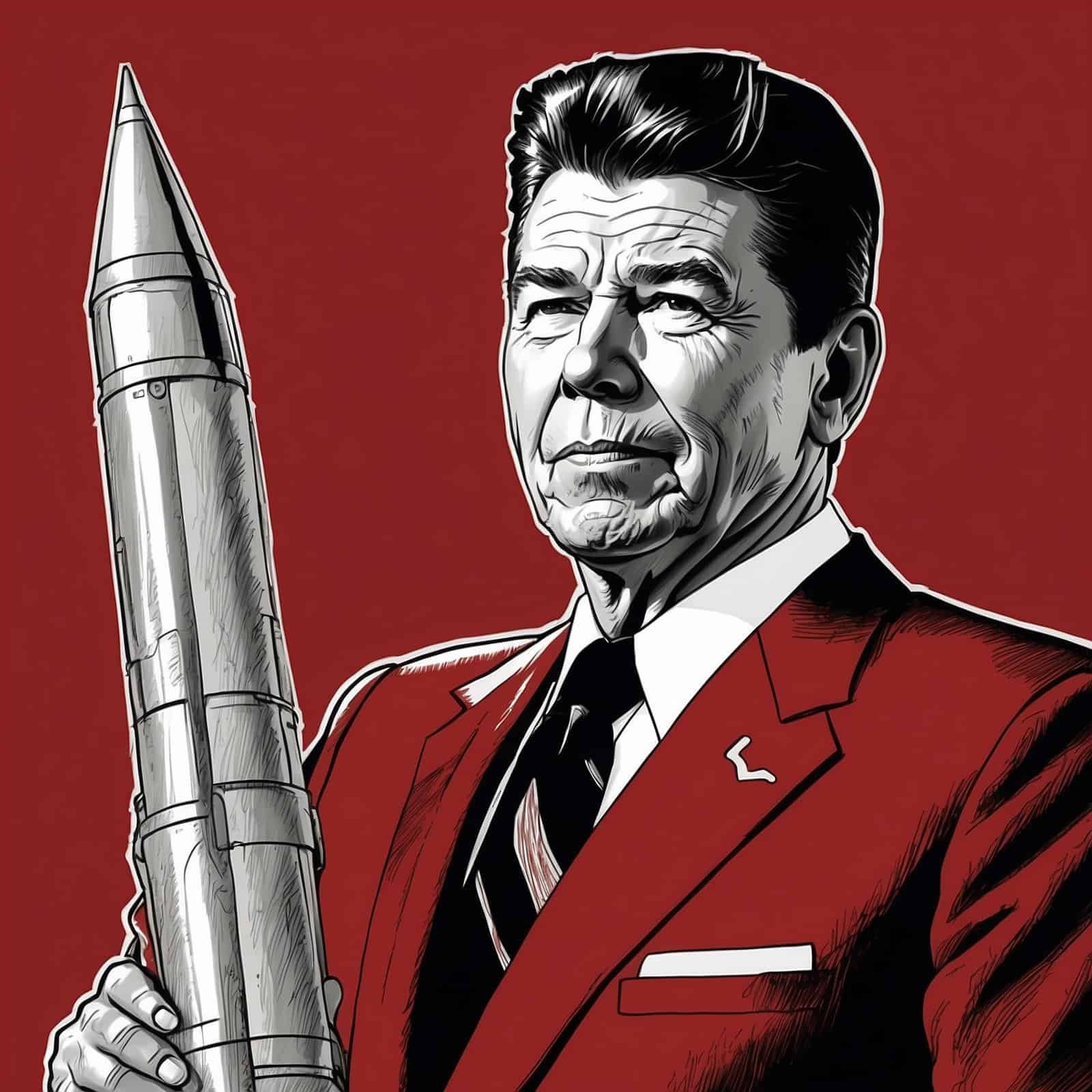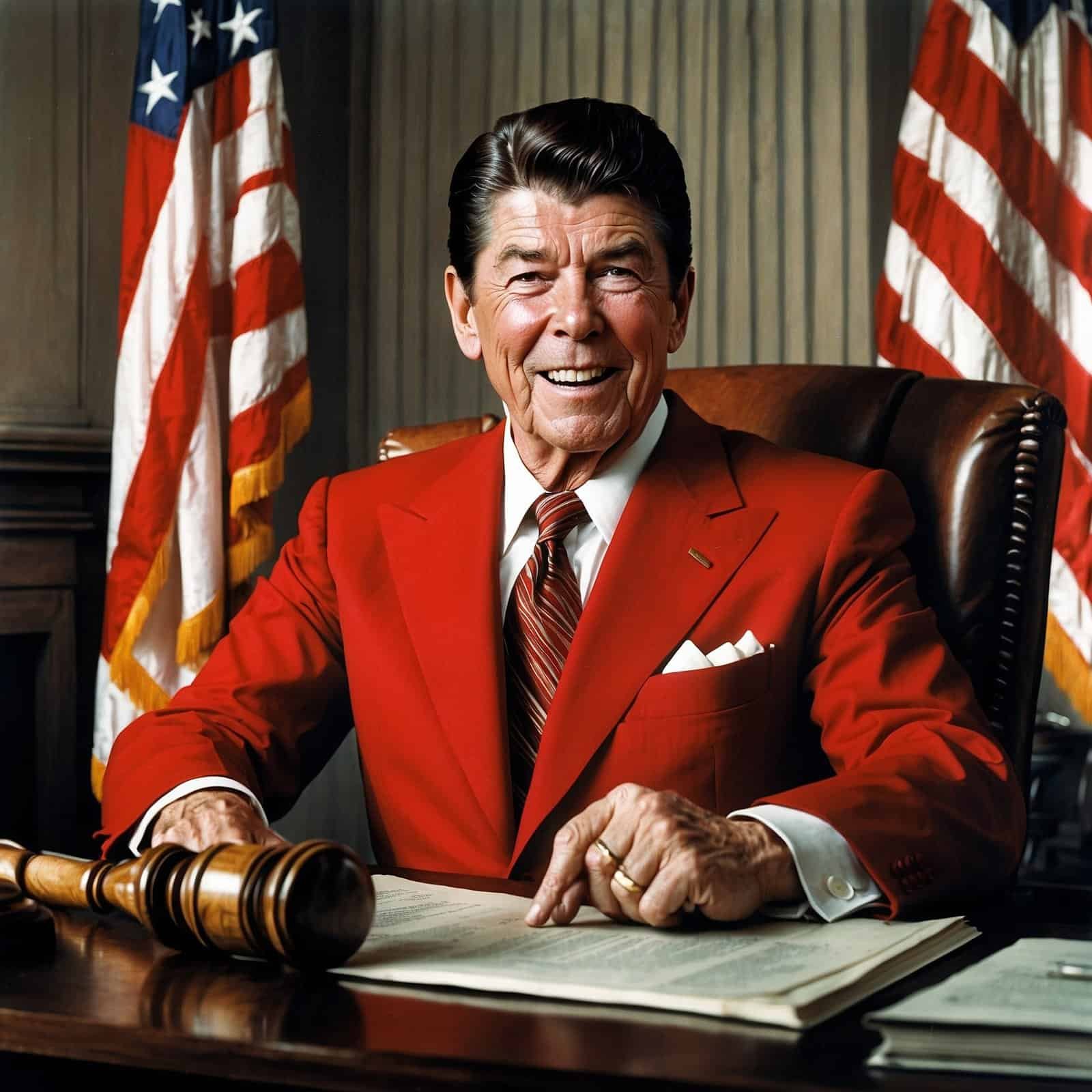Ah, Ronald Reagan, the conservative icon whose legacy is etched in American history. When it came to helping allies militarily, Reagan didn’t just follow protocol; he set new standards. Let’s take a look at how the Gipper’s approach to global allies shaped defense policies and built strong relationships.
Back in the 1980s, Reagan’s strategy for military aid wasn’t just about handing out resources. It was about strengthening ties with allies who shared our values of freedom, democracy, and a clear dislike for Soviet interference. Picture this: the Cold War was heating up, and our allies needed a reliable friend. Enter Reagan, promising unwavering support with the confidence of a seasoned leader.
Conservatives often prioritize a robust national defense, and Reagan was no exception. His foreign policy, known as the ‘Reagan Doctrine,’ aimed to push back against communism. While some politicians today might prefer soft diplomacy, Reagan focused on concrete support. This included military aid to resistance movements in countries like Nicaragua and Afghanistan. Imagine the surprise of those who would have rather used gentler methods than provide defense aid. Not Reagan!
Conservative Values in Action
From a conservative perspective, this approach makes sense. A show of strength and steady support doesn’t just deter potential threats—it commands respect. Consider Reagan’s backing of the Contras in Nicaragua, a direct form of military assistance to counter the Sandinista government. Some might have seen this as risky, but remember, freedom often paves the way for prosperity.
Another prime example is U.S. military aid to Afghanistan. With Reagan’s policies, the Mujahideen’s fight against Soviet forces showed our commitment to upholding freedom worldwide. If we had stuck to more passive approaches, who knows how far Soviet influence might have spread? Reagan showed that sometimes, you need to take decisive action to win ideological battles.
Why It Matters Today
This approach is still relevant. Carefully distributing military aid isn’t about promoting conflict; it’s about fostering stability and peace. We believe that a well-equipped ally is a strong ally. Some may dream of a perfect world where military aid isn’t necessary, but in reality, true strength and partnership are what protect nations.
Reagan’s Balanced Approach
The Reagan administration exemplified a firm but fair foreign policy. By aligning with nations that opposed communist expansion and boosting their military capabilities, the U.S. promoted both security and democratic values. It’s interesting how some circles often criticize increased military aid. They hope for perfect diplomacy while overlooking that strong alliances, supported by military assistance, are what maintain peace.
Reagan’s Foreign Policy Priorities
Balancing Aid and Fiscal Responsibility
Reagan’s foreign policy also highlights conservative values like fiscal responsibility in national security spending versus broad welfare programs. How do you balance helping an ally with being financially prudent? Reagan’s conservatism found that balance—support our allies strongly but wisely, unlike some of today’s more open-ended spending ideas.
Reagan’s Lasting Impact
As we look back on Reagan’s legacy of military assistance to allies, we see it wasn’t just about weapons and supplies. It was about freedom, shared values, and strong partnerships. That’s a lesson today’s conservatives proudly carry forward, ensuring America remains strong and unwavering.
And remember, while some policies might focus on feel-good meetings, it’s the Reagan-style commitment of steady military support to our allies that has kept freedom alive and well. Here’s to Ronald Reagan, a guiding light for conservatives, showing us how to help our allies not with empty words but with firm action.
God bless America and the conservative values that keep her strong!
Table of Contents
- Conservative Values in Action
- Why It Matters Today
- Reagan’s Balanced Approach
- Balancing Aid and Fiscal Responsibility
- Reagan’s Lasting Impact
